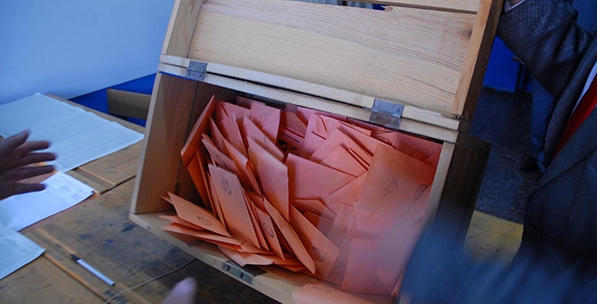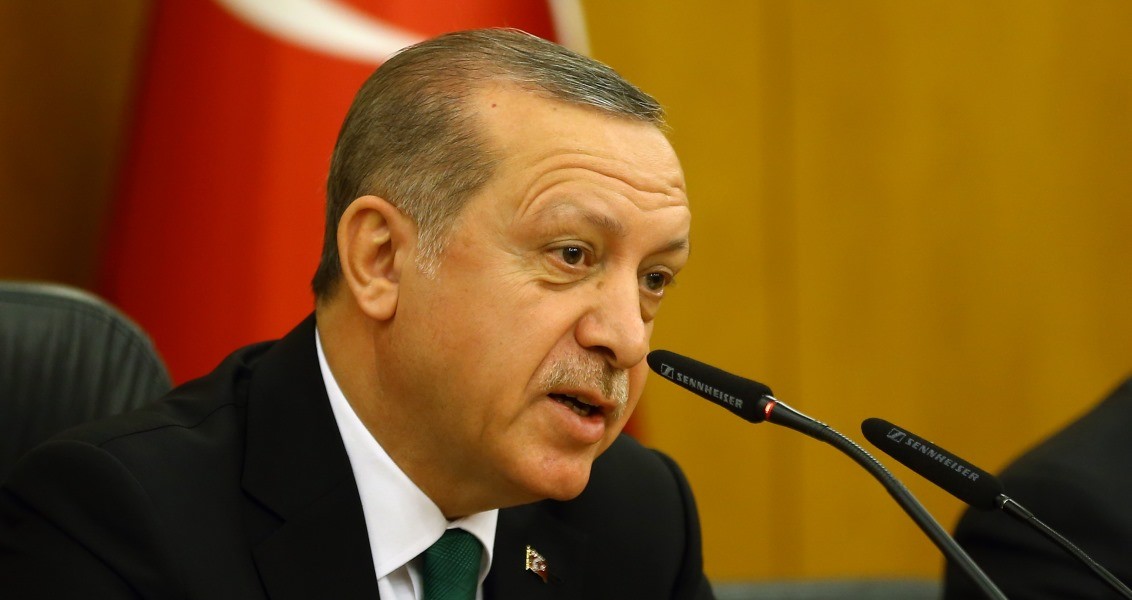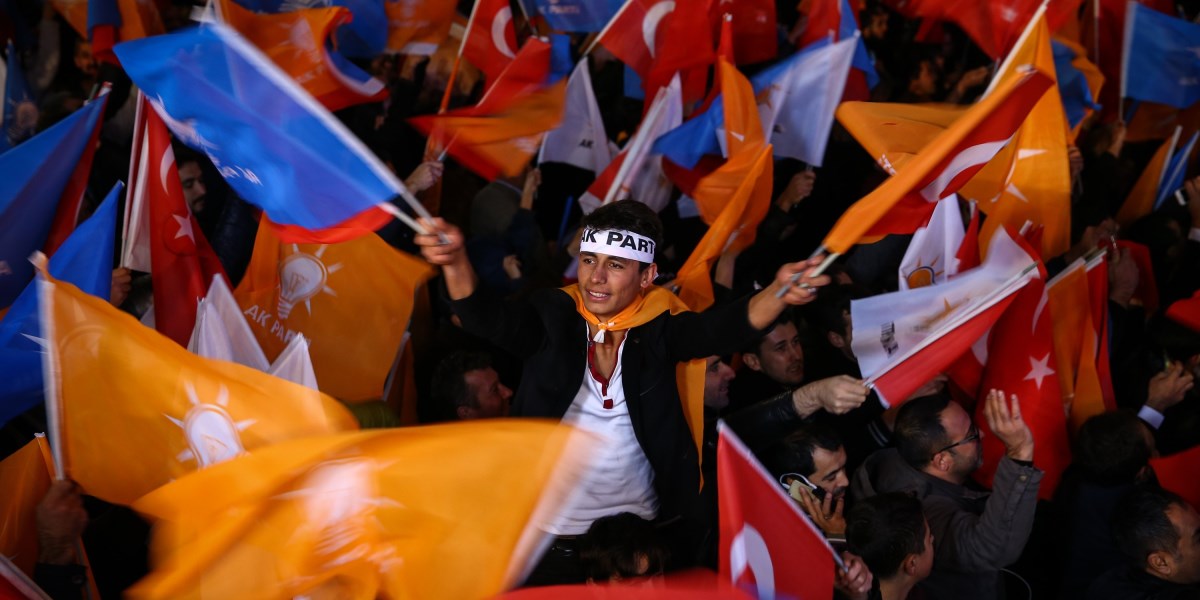Once again, Turkey is bracing itself for an extremely tense and contentious atmosphere of political debate as we approach what is undoubtedly the most critical municipal election in recent years.
The countdown to the electoral showdown proceeds in a political milieu where tensions are running sky-high, discursive attacks and counter-attacks are getting tougher, and emotions are sharpening in all sectors of society. This state of affairs is hardly surprising given that this election was turned into a de facto referendum for the incumbent AK Party government and presidential and general elections will follow.
For long-term observers of Turkey's political economy, the vicious circle of mounting political tension, social polarization, economic crisis and interventions in the democratic process have been quite familiar from dramatic experiences in previous decades.
However, as tested and approved over and over again in the post-2002 period, the Turkish economy gained structural strength and resilience against both temporary political uncertainties and pressures originating from international markets.
The final test for the resilience of the Turkish economy started last May when Turkey completed the repayment of its credit obligations to the International Monetary Fund (IMF); Moody's and JCR updated the country's credit ratings, and interest rates for treasury bonds fell to historically low levels below 5 percent. Then the decision of the Turkish central bank to gradually withdraw quantitative easing and particularly the violent protests after the Gezi Park incidents prompted a sudden rise in Turkey's CDS (credit default swap) risk figures. Afterwards, an unorthodox opposition movement began operating, trying to incite street protests, social instability and eventually a macroeconomic crisis to oust the government from power, which still seemed invincible at the polls after a decade in power.
In retrospect, the tense period that began with the Gezi protests and continued with politically-motivated corruption investigations in December have had a less than profound impact on Turkey's economic prospects. It is true that rising interest rates made investment financing more difficult for small and medium-sized enterprises across Anatolia and exchange rate volatility brought an extra burden on energy and intermediary material imports as well as international credit repayments. However, the markets quickly adapted to the new situation and international investors maintained their confidence in Turkey's strong economic prospects, assuming that the current difficulties were temporary.
Despite exaggerated concerns over the widening current account deficit - a wellmanaged structural problem - and high levels of external debt owned by the private sector largely stemming from back-to-back credits circulating within companies, there are hardly any grounds for one to expect a financial or macroeconomic crisis before or after the forthcoming elections. The major parameters underlying our optimism are the following: 1) Fundamental balances of banking (both public and private) and financial sectors are robust; 2) Despite moderate economic growth, industrial production, employment creation and export capacities are at satisfactory levels; 3) Most importantly, state institutions are keen to observe fiscal discipline and avoid populist spending sprees despite the prospect of three consecutive elections.
Unlike many of their predecessors in Turkish political life, successive AK Party governments carefully avoided being drawn into a "double deficit" trap and they were able to ensure sustained growth in a lowinflation environment with partial adjustments in monetary and fiscal policies. There is no reason that this strong tendency will suddenly change during this time, regardless of the magnitude of domestic and international pressures.
[Daily Sabah, 22 March 2014]







